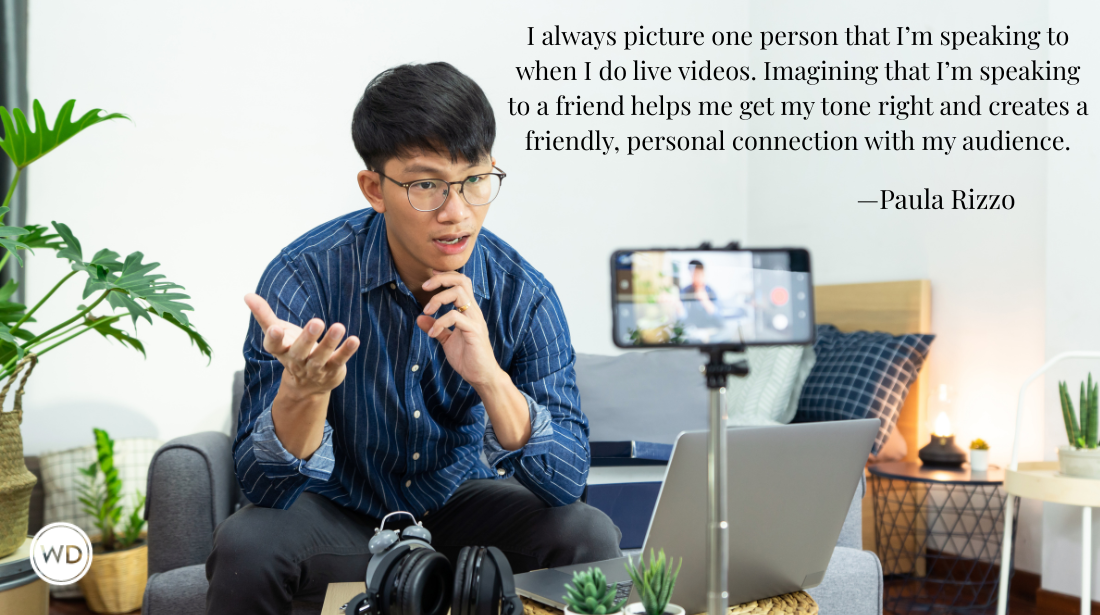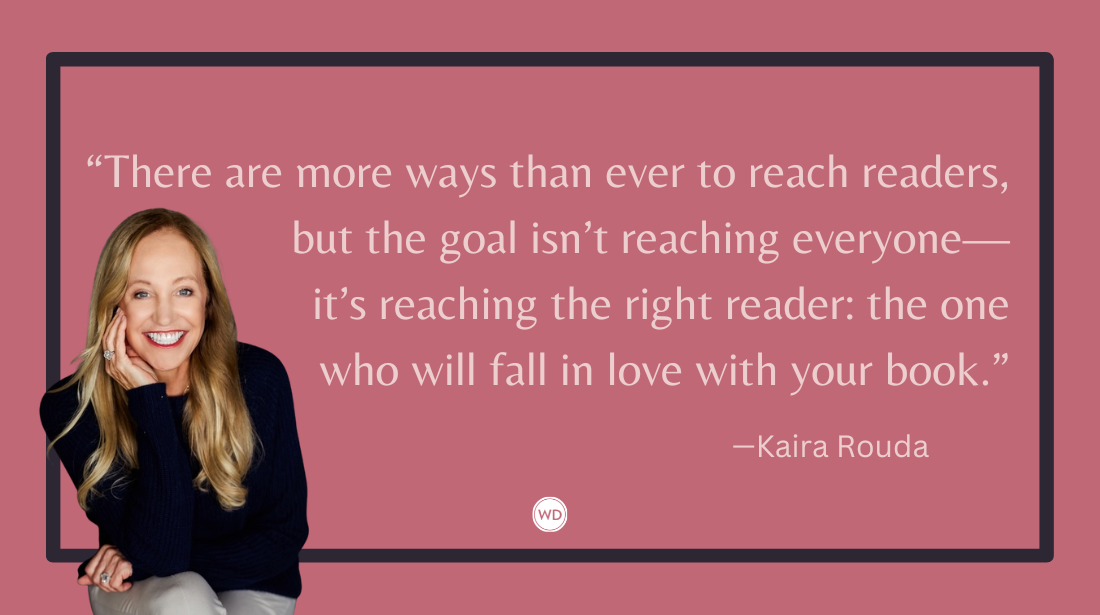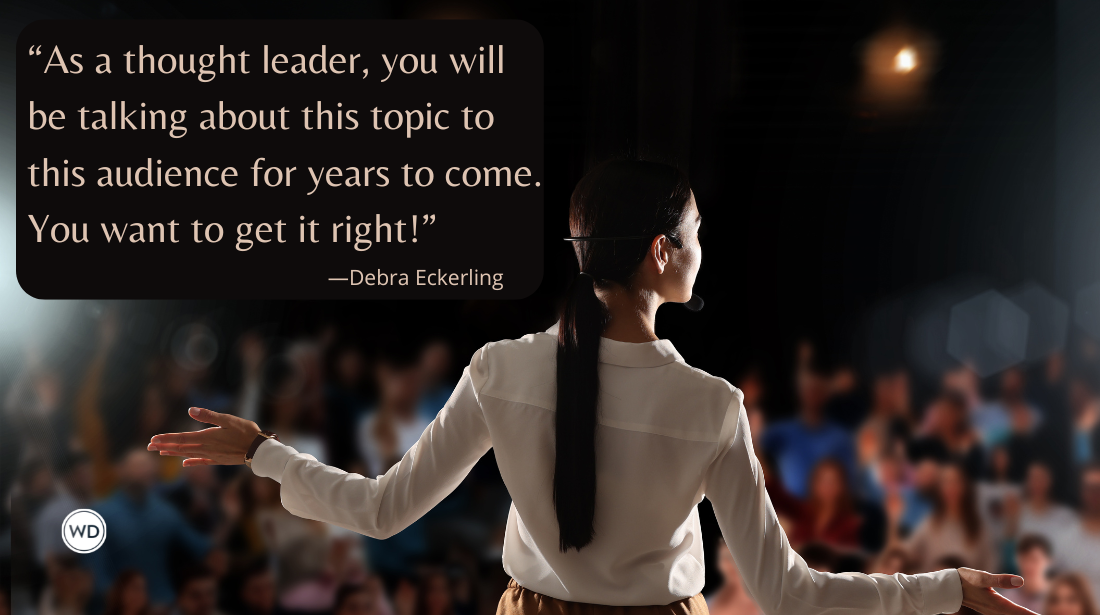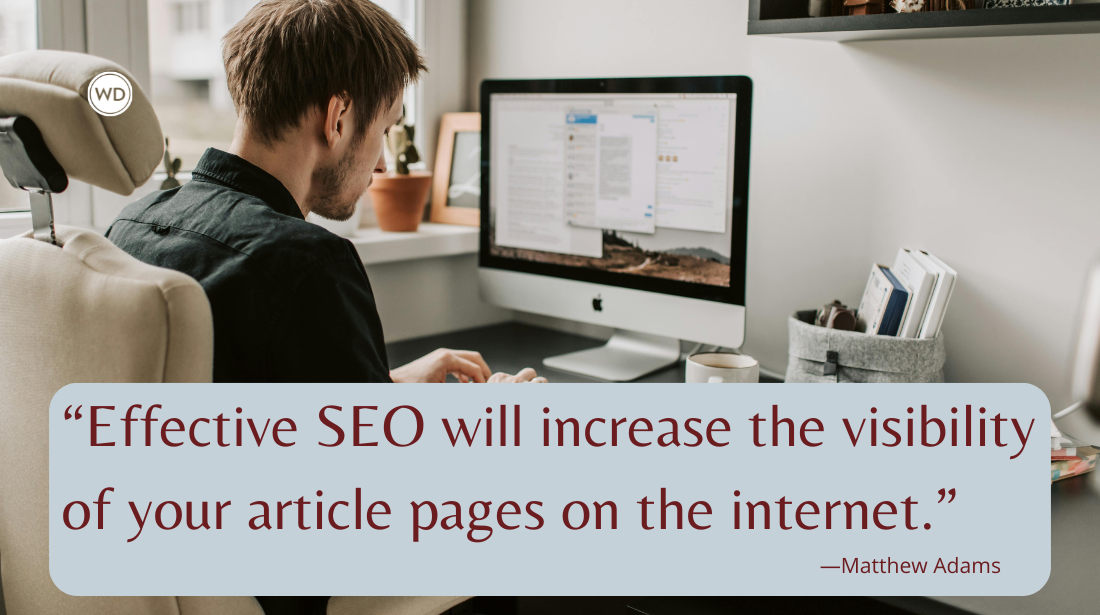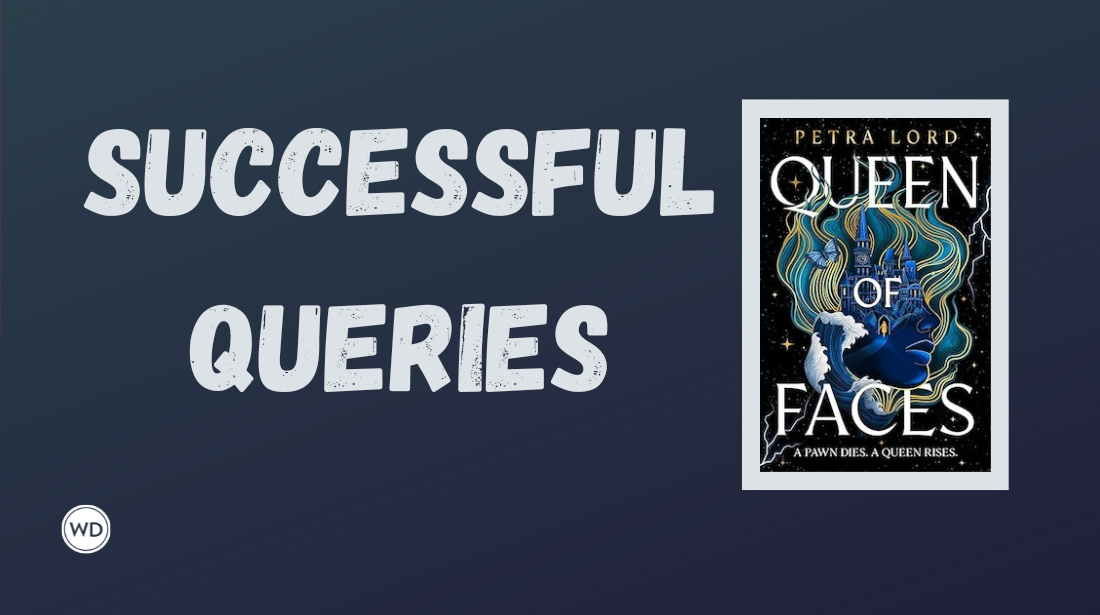5 Key Takeaways for Authors From Digital Book World
Last week, on the heels of the Writer’s Digest Conference, more than 1,000 publishing professionals gathered for Digital Book World to discuss the challenges of transitioning a very traditional business…
Last week, on the heels of the Writer's Digest Conference, more than 1,000 publishing professionals gathered for Digital Book World to discuss the challenges of transitioning a very traditional business into the digital age.
While I didn't attend the show this year (had to teach!), I've read a considerable number of live blogs and write-ups. Here are a few takeaways that I found especially important for writers & authors.
1. For major publishers, e-books will be 50% of unit sales (but not necessarily revenue) no later than 2015. What's driving growth? The decreasing price of e-readers, the popularity of tablets, the launch of Google Books, and—in general—the increasing number of ways to read and acquire e-books across a variety of platforms.
2. Publishers are being challenged to show their value. "Publishers are going to have to prove they're better at marketing and publicity than the authors themselves," said Simon Lipskar, an agent with Writers House.
Furthermore, with initiatives like Kindle Singles—where organizations like the New York Times or TED are partnering with Amazon to release timely e-originals that in the past would've been done as quick print books—there will be even greater competition for traditional publishers.
3. Agents have to think of themselves as not just dealmakers, but as orchestrators of talent and careers. Given how many potential ways content can be produced and distributed now, a good agent doesn't just sell a print book, then move on. They're thinking about which medium is most appropriate for a first release, and the timing and pricing of other mediums. They're exploring all multimedia options and opportunities, and making things happen outside the traditional models.
Also, an interesting highlight from Teleread's report: Steve Ross of Abrams Artists said that with fewer titles being published, and so many publishing professionals out of work, he decided to set up a consulting service for self-published authors, and within 10 days had more clients than he could handle.
4. Bricks-and-mortar bookstores will continue to decline—which puts further pressure, as noted above, on commercial publishers to show their value to an author beyond distribution. Mike Shatzkin boldly predicted: "We're looking for a reduction in shelf space of 50% in the next five years, 90% in the next ten years."
I didn't see or hear anyone else being as aggressive in their predictions as Shatzkin, but there was agreement there would be some decline.
One caveat: the e-book industry growth is primarily driven by Big Six publishers, rather than independent publishers. National Book Network president Rich Freese, whose company distributes 200 independent publishers, said: "Ebooks aren't even 5% of our sales, and they won't be 50% in two years."
However, the biggest fiction authors are already at 50% digital; other bestselling authors are at 20%.
5. The YA market is not (yet) driven by e-books. Bowker's Kelly Gallagher offered results from the latest BISG/Bowker poll, which showed that only 5-6% of the YA market is reading e-books.
Best sources to read more in-depth:
And, of course, you'll find continuing coverage of all these issues at Digital Book World's excellent site, rich with content.
For those of you who attended Digital Book World, or were closely following Twitter and other reports: What were your key takeaways? Would love for you to share in the comments!
--
LATE UPDATE: Michael Hyatt, CEO of Thomas Nelson, has a wonderfully insightful post where he contradicts the finding of 50% e-books by 2015.
I think his most powerful point is that even the music industry hasn't reached 50% digital sales yet!
Jane Friedman is a full-time entrepreneur (since 2014) and has 20 years of experience in the publishing industry. She is the co-founder of The Hot Sheet, the essential publishing industry newsletter for authors, and is the former publisher of Writer’s Digest. In addition to being a columnist with Publishers Weekly and a professor with The Great Courses, Jane maintains an award-winning blog for writers at JaneFriedman.com. Jane’s newest book is The Business of Being a Writer (University of Chicago Press, 2018).




